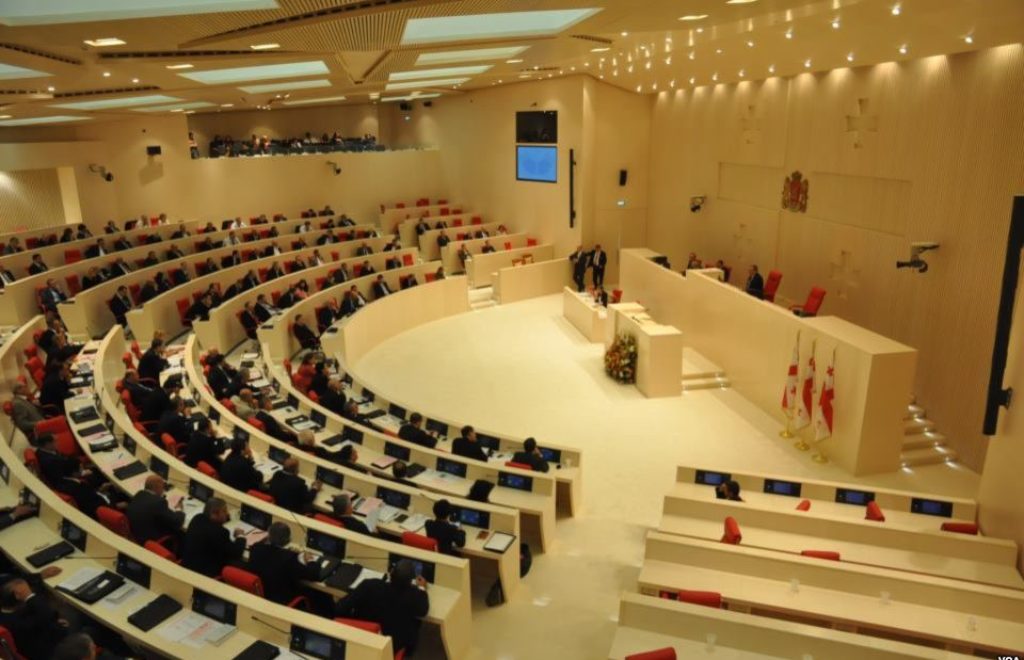Georgian Parliamentary Election 2016. Parties under pressure
On October 8th 2016, Georgia will hold its eighth parliamentary election since declaring independence in 1991. This parliamentary election is critical to maintaining a "routinisation" of democratic practices in a country that just a few decades ago was under authoritarian rule. Unlike many of the other countries in the region, Georgia has managed to achieve democratic stability in recent years, despite the continued occupation of South Ossetia and Abkhazia by Russia. The October 2016 election is of specific importance for Georgian politics not because there is a potential for revolution and regime collapse or regime change, as was the case in 2003 with the Rose Revolution, but precisely because of the opposite. The upcoming election will be the most competitive in Georgia to date, will likely see three or more political parties pass the five percent threshold and will possibly require a coalition government be formed. These facts are important because while elections have become routine in Georgia, many questions still surround the key democratic actors – political parties – and their ability either to lend legitimacy or to delegitimise the electoral process. The behaviour of political parties in the parliamentary election next month will be closely scrutinised. Whether parties will revert to old tactics of intimidation, violence, personal attacks, and an overall disregard for the rule of law in their fight for power is of a particular concern. Furthermore, the participation of female candidates will again be important for assessing levels of representation in Georgian politics.
September 26, 2016 - Melanie Mierzejewski-Voznyak


































